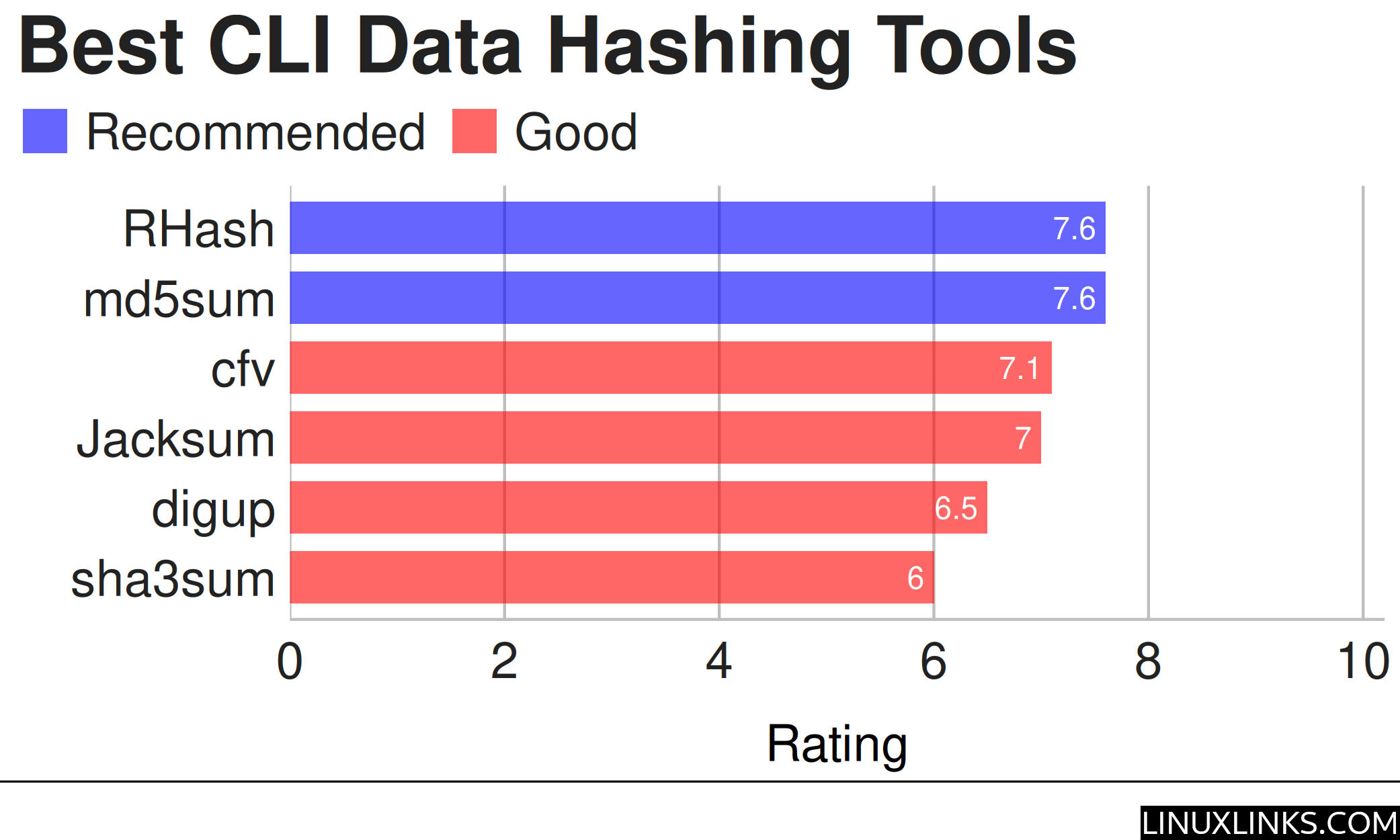Hashing is the process of passing data through a formula that produces a condensed fixed-value representation, called a hash value. That hash is typically a string of characters and the hashes generated by a formula are always the same length, regardless of how much data fed into it. For example, the MD5 formula produces 128-bit checksums. It converts data into blocks of specific sizes and manipulates that data a number of times.
For data security applications this requires that the hash function is collision-resistant, which means that it is very hard to find data that will generate the same hash value. Hashing is an important method used for creating a digital signature and for encrypting data.
When you download a file from the internet, it is a good safety practice to check whether you received the original version. Comparing checksums you received from the file creator with the ones you obtain by checking the file yourself is a reliable way to confirm your download’s integrity.
This article represents the best CLI tools for data hashing. We only feature free and open source software. Here’s our verdict.

Let’s explore the data hashing tools. For each program we have compiled its own portal page, a full description with an in-depth analysis of its features, together with links to relevant resources.
| CLI Data Hashing Tools | |
|---|---|
| RHash | Utility for calculation and verification of magnet links and various message digests |
| md5sum | Compute and check MD5 message digest; part of GNU Coreutils |
| cfv | Test and create checksum files |
| Jacksum | Work with checksums, CRCs, and message digests |
| digup | Update md5sum or shasum digest files |
| sha3sum | Keccak, SHA-3, SHAKE, and RawSHAKE checksum utilities |
 Read our complete collection of recommended free and open source software. Our curated compilation covers all categories of software. Read our complete collection of recommended free and open source software. Our curated compilation covers all categories of software. Spotted a useful open source Linux program not covered on our site? Please let us know by completing this form. The software collection forms part of our series of informative articles for Linux enthusiasts. There are hundreds of in-depth reviews, open source alternatives to proprietary software from large corporations like Google, Microsoft, Apple, Adobe, IBM, Cisco, Oracle, and Autodesk. There are also fun things to try, hardware, free programming books and tutorials, and much more. |
